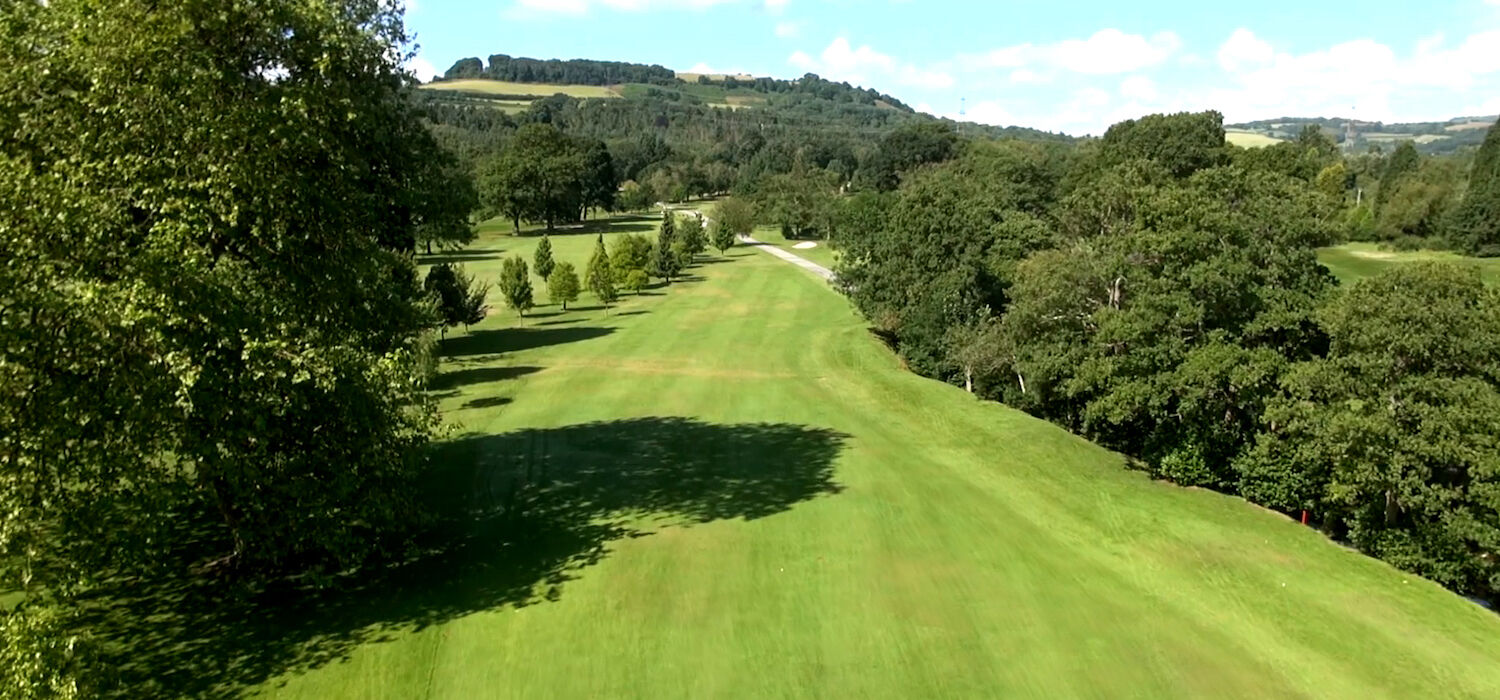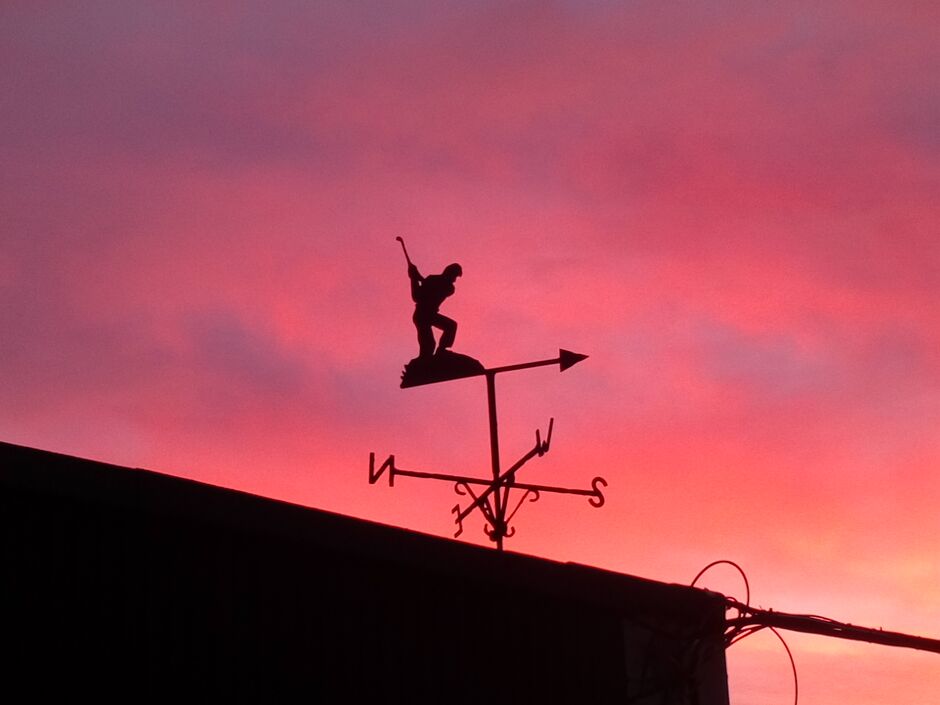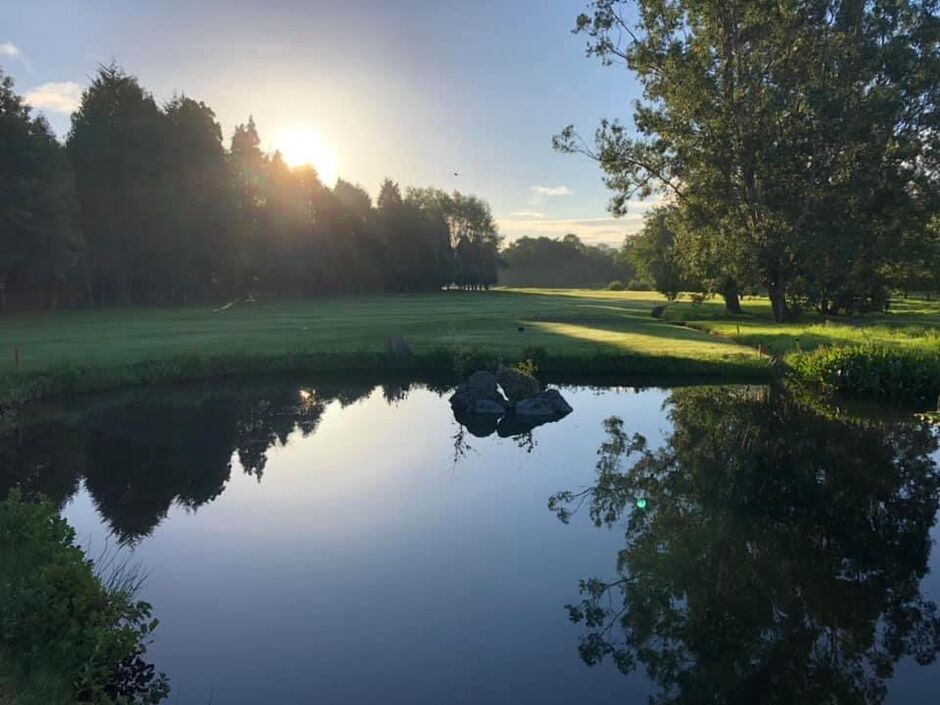Honey Bees at Stover
 We are now selling Jars of honey, produced from the hives situated on and around the course, see bar for details
We are now selling Jars of honey, produced from the hives situated on and around the course, see bar for details
Biodiversity and environmental protection
Bees are vital for the preservation of ecological balance and biodiversity in nature. They provide one of the most recognisable ecosystem services, i.e. pollination, which is what makes food production possible. By doing so, they protect and maintain ecosystems as well as animal and plant species, and contribute to genetic and biotic diversity.
Bees also act as indicators of the state of the environment. Their presence, absence or quantity tells us when something is happening with the environment and that appropriate action is needed. By observing the development and health of bees, it is possible to ascertain changes in the environment and implement the necessary precautionary measures in time.
Let’s explore five of the reasons bees are important to the environment.
5. Pollination
What’s your favourite summer crop? If you love apples, melons, cranberries, asparagus, or broccoli, you should tip your sun hat to our fuzzy, insect friends.
To germinate, these plants require the transfer of pollen from the male part of the flower (the anther) to the female part (the stigma). As bees move from flower to flower in search of nectar, they leave behind grains of pollen on the sticky surface, allowing plants to grow and produce food.
Bees earn their reputation as busy workers by pollinating billions of plants each year, including millions of agricultural crops. In fact, pollinators like bees play a key role in one out of every three bites of food we eat. Without them, many plants we rely on for food would die off.
4. Wild Plant Growth
It’s not just farm-grown fruits and vegetables that rely on pollinators to thrive. Many species of wild plants depend on insect pollinators as well. Bees are responsible for the production of many seeds, nuts, berries, and fruit, which serve as a vital food source for wild animals.
3. Food Source
Bees produce honey to feed their colonies during the cold winter months. Humans have harvested honey for thousands of years, but we aren’t the only ones who consider it a sweet snack. Animals like birds, rodents, and insects will raid beehives for a taste of nutritious honey (and bee larvae).
Bees themselves are also a part of the food chain. At least 24 species of bird, including the blackbird, ruby-throated hummingbird, and starling, prey on bees. Many spiders and insects, like dragonflies and praying mantises, eat bees as well.
2. Wildlife Habitats
Bees are known for their elaborate hives, but they also help build homes for millions of other insects and animals. Their role as pollinators is vital in the growth of tropical forests, savannah woodlands, and temperate deciduous forests. Many tree species, like willows and poplars, couldn’t grow without pollinators like bees.
Even your own garden serves as a home for hundreds of tiny creatures, from birds and squirrels to thousands of tiny insects. If bees disappeared, the animals that depend on these plants for survival would vanish as well.
1. Biodiversity
As pollinators, bees play a part in every aspect of the ecosystem. They support the growth of trees, flowers, and other plants, which serve as food and shelter for creatures large and small. Bees contribute to complex, interconnected ecosystems that allow a diverse number of different species to co-exist.
There is no doubting the importance of bees to our food supply. Without them, our gardens would be bare and our plates empty. But we should also remember the other reasons bees are important to the environment.
As a responsible part of the community it is important for Stover golf club to recognise its ecological, environmental & carbon footprint. We have a duty to ensure the sustainability of our club going forwards and this is a small step to meeting those accountabilities.
Myths:
It is a popular misconception that when bees swarm they are very dangerous, this is usually the complete opposite as the bees are not defending their honey, pollen or brood. Stover has a designated bee keeper and swarm officer to react to any such changes in behaviour. Occasionally a hive may have a 'Rogue' queen, should this happen the bee keeper would remove this queen and replace with a passive one.
It is advised that if you are allergic then you should carry your Epi-Pen at all times for recovery in case of Anaphylactic shock








